Navigating the Intricate Terrain of Compliance Guidelines for Network Protection in Multi-Dwelling Residences to Ensure Resident Security and Data Protection
Wiki Article
In today's world, many people live in multi-unit units, such as apartment buildings and condominiums. These locations frequently share shared infrastructures for online and additional amenities. While this setup can be beneficial, it also brings up important questions about network safety and regulatory standards. Ensuring the safety of tenants and safeguarding their information is crucial. This article will explore the complex landscape of compliance standards for network safety in multi-unit units, focusing on how these standards assist maintain residents safe and protected.
A of the key compliance standards that apply to system security is the General Information Protection Regulation (GDPR). This law is intended to protect personal information and confidentiality for individuals within the EU Community. Although it primarily pertains to companies functioning in the EU, its tenets can affect practices in other areas as well. For multi-unit units, adhering to GDPR means implementing robust data protection protocols. This entails ensuring that residents' individual information is gathered, kept, and processed securely. By adhering to these guidelines, property administrators can help build confidence with tenants and guarantee their data is safe from illicit access.

Another significant standard is the Health Coverage Flexibility and Accountability Law (HIPAA), which protects sensitive healthcare data in the medical sector. In multi-unit units, especially those that offer healthcare services or have tenants with particular health needs, adherence with HIPAA is crucial. This means that any health-related data collected from tenants must be maintained private and protected. Property managers must make sure that their system infrastructures are designed to prevent information leaks and illicit intrusion. By doing so, they not only adhere with regulatory requirements but also promote a safe residential space for all residents.
In addition to GDPR and HIPAA, the Payment Payment Sector Data Security Standard (PCI DSS) is a further vital compliance standard. This guideline is particularly important for multi-unit units that accept credit card payments for lease or amenities. PCI DSS specifies security protocols that must be implemented to protect cardholder information. This entails securing confidential information and frequently reviewing network security. By adhering to PCI DSS standards, property managers can minimize the threat of data breaches and protect tenants' financial data, which is crucial for upholding their confidence and security.
Ultimately, it is crucial for multi-dwelling buildings to stay updated on regional and national laws regarding network safety. Laws and guidelines can evolve, and remaining aware is essential for adherence. Property managers should regularly assess their security policies and procedures to make sure they comply with up-to-date standards. This preventive strategy not only helps in maintaining compliance but also enhances the overall safety of the network. By focusing on tenant security and data safeguarding, multi-dwelling units can establish a safe residential space that encourages confidence and reassurance among residents.
In conclusion, navigating the complex landscape of compliance standards for network safety in multi-unit buildings is crucial for guaranteeing tenant safety and data protection. By understanding and implementing guidelines like GDPR, HIPAA, and PCI DSS, property managers can create a safe space for their residents. Remaining updated about regional laws and frequently assessing safety protocols further discover this improves this dedication to safety. In the end, a strong focus on compliance not only protects tenants but also builds a sense of community and confidence among multi-unit buildings.